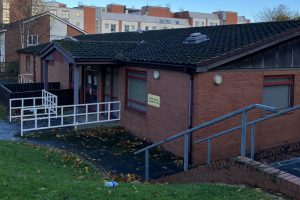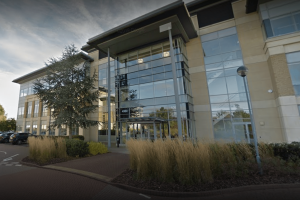CBI calls for the end of the curse of congestion

RADICAL changes to the way we work and commute are needed if the UK is to cut future congestion on its roads, the CBI said today.
Calling for reform of the Highways Agency, and for a government vision on roads that matches the energy politicians are putting into high speed rail, the CBI says failure to tackle congestion costs the economy up to £8bn every year. Businesses should play a bigger part in the solution, says the organisation, by encouraging flexible working patterns for staff and cutting unnecessary journeys by the greater use of video conferencing.
In a report ‘Tackling congestion, driving growth – A new approach to roads policy’, the CBI argues that time and money wasted on Britain’s congested roads can be saved, and makes a series of suggestions about how government and business can address the issue.
A CBI survey shows 80% of companies see roads as being ‘vital’ to their business, and 96% of companies want to see fresh thinking from an incoming government and a willingness to tackle rush hour congestion as a matter of priority.
With vehicle traffic having grown by a quarter in just 20 years, road congestion now costs the economy an estimated £7-8bn a year, which is likely to more than double by 2025 unless more action is taken.
John Cridland, the CBI’s Deputy Director-General, said:“For too long, Britain’s roads have been a cause of frustration and delays for our businesses and commuters. Some government initiatives, such as road-widening schemes or using the hard shoulder on motorways, have been welcome but hardly scratch the surface of the problem.
“Now is the time for fresh thinking on the roads. We need a radical overhaul of how we travel and manage our road system if we are to do more than simply tinker at the edges. Merely slowing the endless rise in congestion is not enough. The CBI would like to see policymakers put the same amount of energy and vision into roads as they are doing on high speed rail.”
The CBI says that simply building more roads will not solve the problem. Instead, an overhaul of the way we work is needed. More companies should adopt more flexible patterns of work, and encourage staff to make use of modern communications technologies, such as video conferencing instead of always travelling to meetings.
The CBI’s proposals include:
- Encouraging more staff to stagger their commutes and break out of the usual ‘9 to 5’ routine.
- Brokering more car-sharing arrangements and introducing shared occupancy motorway lanes.
- Extra lanes on motorways to provide a faster route for motorists who choose to pay the toll or are free for cars with more than one person.
- Delivering on the government’s promise of giving all homes and businesses access to broadband by 2012 to enable more videoconferening.
- Trialling more ‘yellow bus’ schemes to cut school run congestion. A national dedicated school bus service used by 12% of pupils would eliminate 130 million journeys, cut rush hour traffic by 2.6% and save 55,000 tonnes of emissions.
The CBI is also calling for reform to the Highways Agency (HA). A third of all UK passenger journeys and two-thirds of freight journeys are on the motorways and trunk roads, managed by the HA. But the agency only has its budget signed off a year at a time, compared with a five-yearly settlement for Network Rail. Future governments should commit to a longer-term investment strategy for our strategic road network, which would help bring more confidence and certainty to the construction sector.







